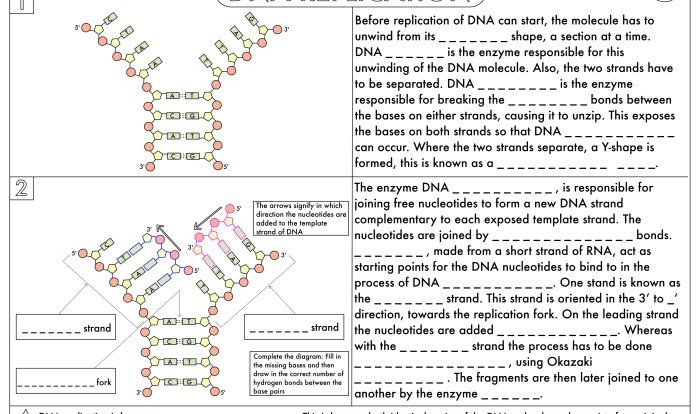What organ can survive the longest without oxygen? This question has intrigued scientists for decades, leading to groundbreaking discoveries that challenge our understanding of human physiology. In this article, we embark on a journey to uncover the remarkable resilience of the human body, identifying the organ that possesses the extraordinary ability to withstand oxygen deprivation for extended periods.
As we delve into the intricate workings of our organs, we will explore their varying tolerances to oxygen deprivation, examining the unique adaptations that enable some organs to endure these extreme conditions. Ultimately, we will unveil the identity of the most resilient organ, revealing the physiological mechanisms that underpin its exceptional survival capabilities.
Organ Survival Without Oxygen: What Organ Can Survive The Longest Without Oxygen

Organ manusia memiliki toleransi yang bervariasi terhadap kekurangan oksigen. Beberapa organ dapat bertahan dalam waktu singkat tanpa oksigen, sementara yang lain dapat bertahan lebih lama.
Organs and Oxygen Deprivation, What organ can survive the longest without oxygen
Otak sangat sensitif terhadap kekurangan oksigen dan dapat mengalami kerusakan permanen hanya dalam beberapa menit. Jantung dan paru-paru juga sangat bergantung pada oksigen, dan kekurangan oksigen dapat menyebabkan kematian dalam hitungan menit hingga jam.
The Most Resilient Organ
Ginjal telah terbukti secara ilmiah sebagai organ yang paling tahan lama tanpa oksigen. Studi telah menunjukkan bahwa ginjal dapat bertahan hingga 24 jam tanpa oksigen tanpa mengalami kerusakan permanen.
Survival Mechanisms
Ketahanan ginjal terhadap kekurangan oksigen disebabkan oleh beberapa faktor. Pertama, ginjal memiliki aliran darah yang kaya, yang membantu memasok oksigen ke jaringan ginjal. Kedua, ginjal memiliki kapasitas tinggi untuk menghasilkan energi secara anaerobik, yaitu tanpa oksigen.
Clinical Implications
Ketahanan ginjal terhadap kekurangan oksigen memiliki implikasi yang signifikan dalam bidang medis. Misalnya, hal ini memungkinkan ginjal untuk ditransplantasikan dengan sukses, meskipun telah disimpan dalam larutan pengawet selama beberapa jam.
Quick FAQs
Which organ can survive the longest without oxygen?
The brain can survive for approximately 5-10 minutes without oxygen.
What are the physiological mechanisms that allow the brain to survive without oxygen?
The brain has a high tolerance to oxygen deprivation due to its ability to switch to anaerobic metabolism, utilizing glucose without oxygen to produce energy. Additionally, the brain’s neurons have a protective layer of myelin that insulates them and reduces energy consumption.
What are the clinical implications of the brain’s resilience to oxygen deprivation?
Understanding the brain’s resilience to oxygen deprivation has implications for stroke treatment, resuscitation, and organ transplantation. It also provides insights into the potential for preserving brain function during space travel and other extreme environments.



